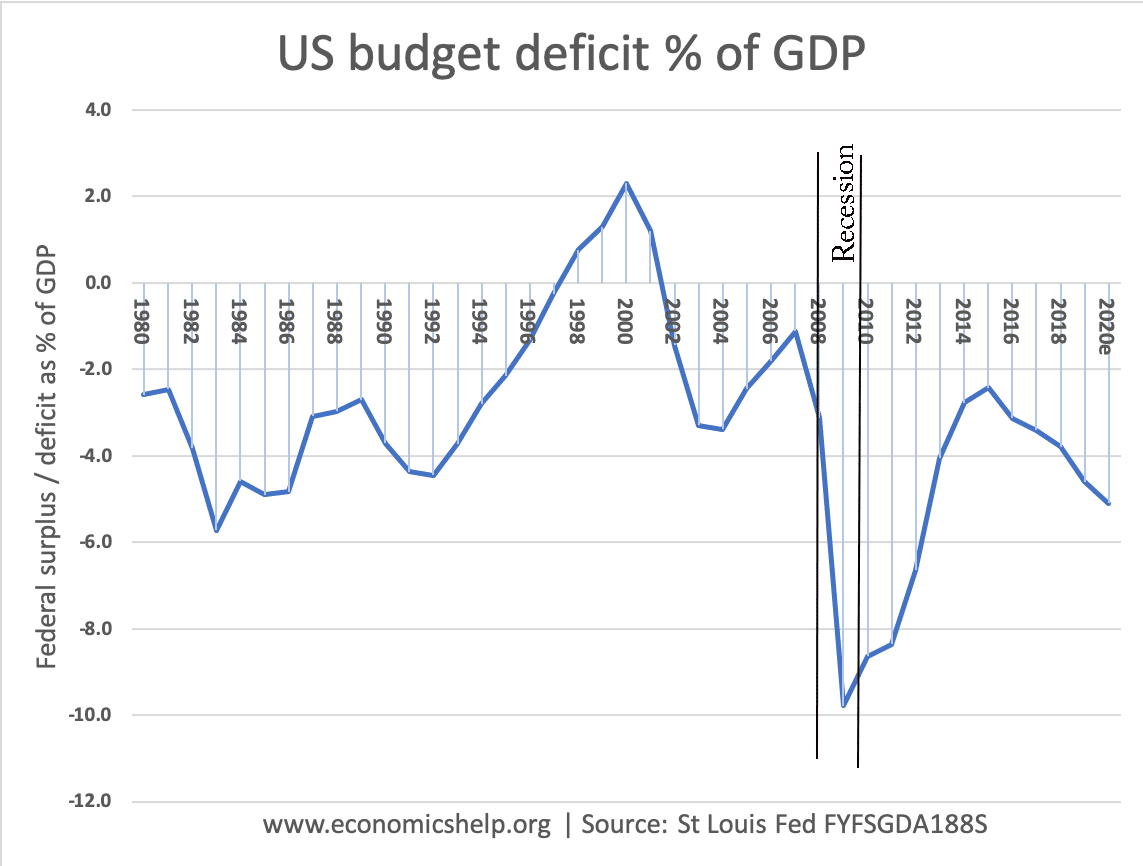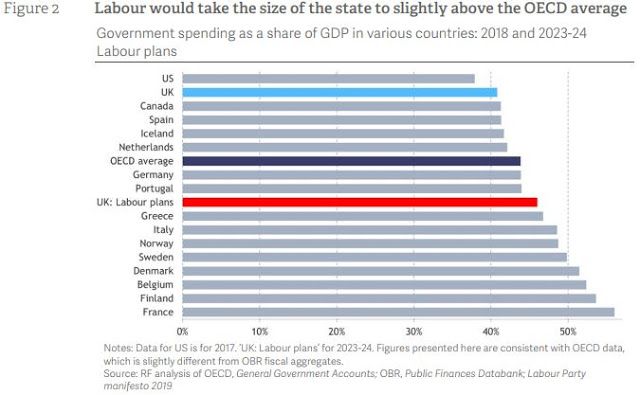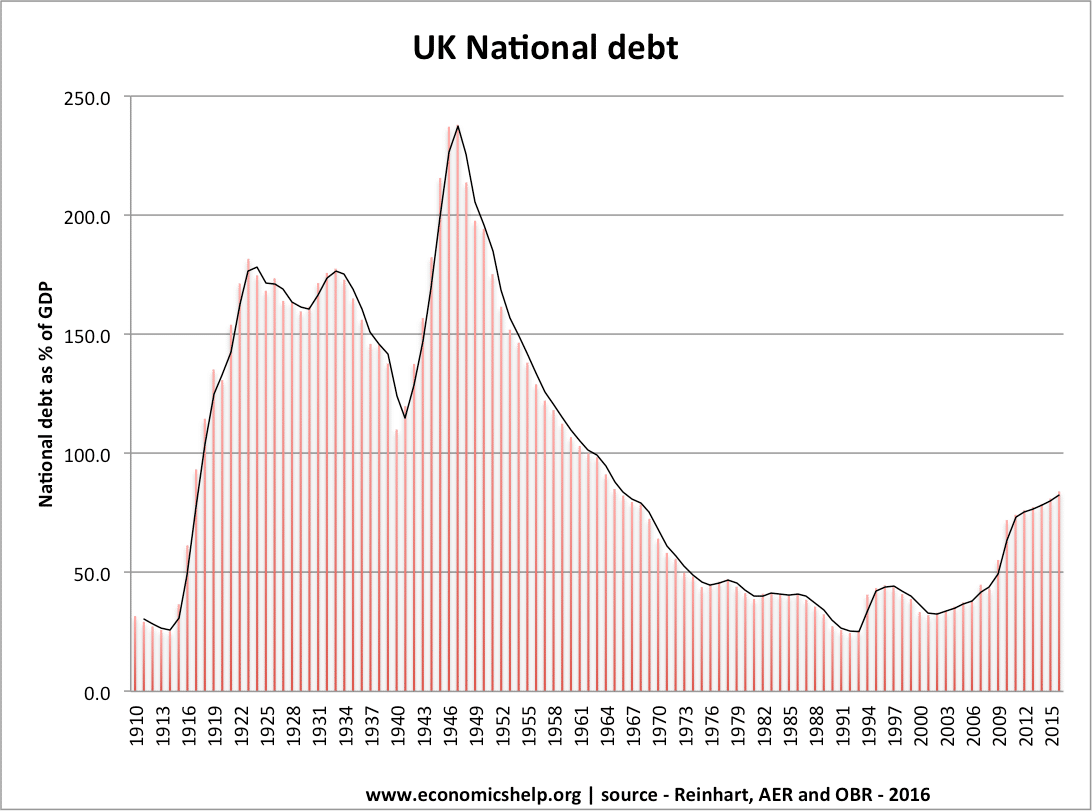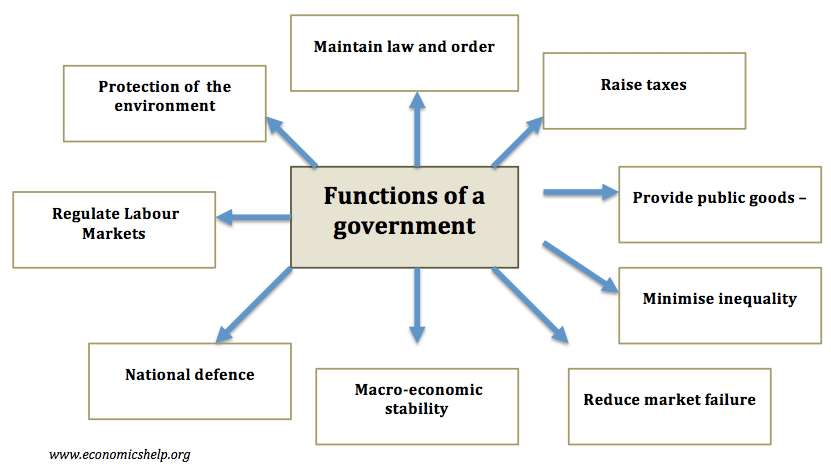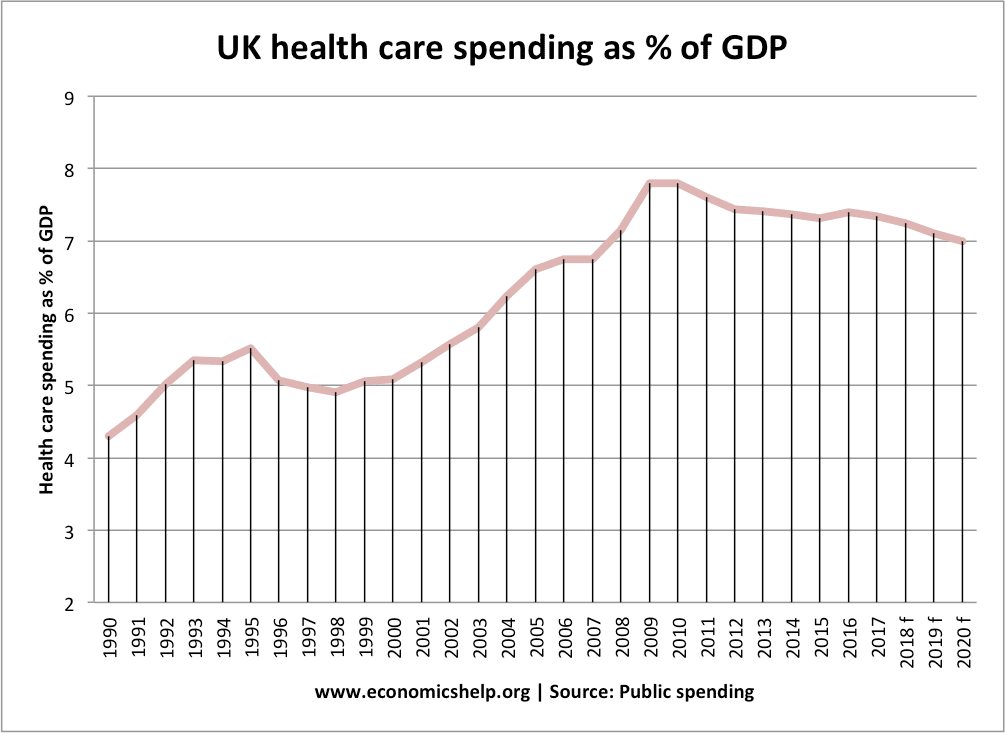Government borrowing under Trump 2017-20
Since Jan 2017, US borrowing has increased – with over $2.7 trillion added to the US national debt. Whilst fears over debt are often over-blown, there is little long-term benefit or justification for these high levels of borrowing. The past few years represent a missed opportunity to reduce debt as % of GDP and/or invest …

